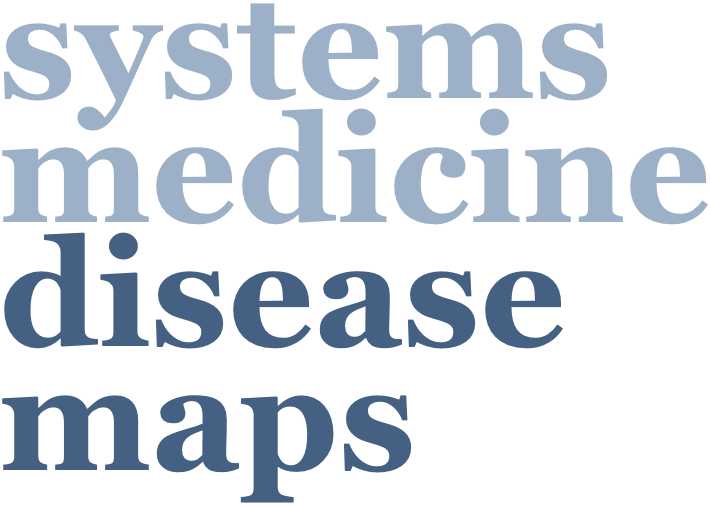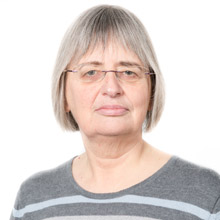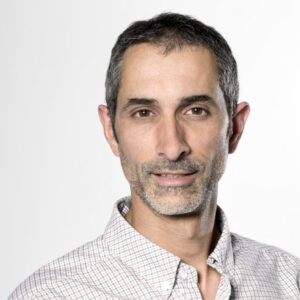

The 2023 community meeting is hosted at Maastricht University by the Maastricht Centre for Systems Biology (MaCSBio) and the Department of Bioinformatics (BiGCaT).
The theme of this year’s meeting will be “The Disease Maps Alliance: Bringing Experts Together” focusing on the challenges of community building in systems biology and systems biomedicine.
Date / Location
3-5 April 2023 in Maastricht, the Netherlands
Address:
Universiteitssingel 40
6229 ER Maastricht
Google Maps
Programme
- Detailed schedule.
- List of poster
- List of participants
Registration and Abstract submission
Registration and abstract submission are closed.
General information
Travel
You can find more information about travel by plane, train, bus, or car here.
Hotels
There are many hotels in Maastricht and many of them are either in walking distance or a short bus or bike ride from the conference location.
There are two hotels next to the conference location who offered to reserve some rooms:
- NH Hotel Randwyck - book by email with code “UM MACSBIO” (nhmaastricht@nh-hotels.com) - special price per night (2.Apr. = 88.90 EUR, 3.Apr = 94.90 EUR, 4.Apr = 111.90 EUR, 5.Apr = 103.90 EUR) - price incl. breakfast.
- Apart Hotel Randwyck - book by email with code “UM2023” (info@aparthotelrandwyck.nl) - 84 EUR excl. breakfast per night
Keynote speakers
We are excited to announce the following keynote speakers for our upcoming event:
 |
Keynote 1: Sandra Orchard Talk Title: Is expert biocuration still relevant in this day of machine-learning? Sandra Orchard is Team Leader for Protein Function Content, with a strong background in protein annotation. Her team is primarily responsible for the curation of UniProt at EMBL-EBI, annotation of the Gene Ontology and contribute to value-added protein information resources such as the Complex Portal. Sandra and her team support professional training in data resources for exploring protein function, sequence analysis, interactions and pathways. She is a former Chair of the Executive Committee of the International Society for Biocuration and is currently Chair of the Human Proteome Organisation Poteomics Standards Initiative. |
 |
Keynote 2 Patrick Ruch Talk Title: Literature Text Mining from Information Retrieval to Curation Support Patrick Ruch is professor at HES-SO Geneva and group leader at SIB Swiss Institute of Bioinformatics, where he leads the SIB Text Mining group. His research at SIB focuses on developping text and data mining solutions to support biocuration tasks, such as information retrival, literature triage or named-entity recognition. In parallel, the research group at the HES-SO university is also performing research on clinical contents with direct applications in oncology and rare disease; thus developping original language models based on transformers and distillation infrastructure. More recently, he has been exploring how Open Access libraries such as PMC could be enhanced to include Biodiversity related articles with the aim to achieve the WHO's vision of a One Health data hub. |
 |
Keynote 3: Chris Evelo Talk Title: Getting to go can take a while, not just in science fiction |
Funding
This conference is funded by ZonMw as part of the WikiPathways COVID-19 project (nr: 10430012010015).

Organisers
Local organisers
Martina Summer-Kutmon
Friederike Ehrhart
Hasan Balci
Isabel Wassink
Disease Maps Project Coordinators
Alexander Mazein
Marek Ostaszewski
Inna Kuperstein
Anna Niarakis